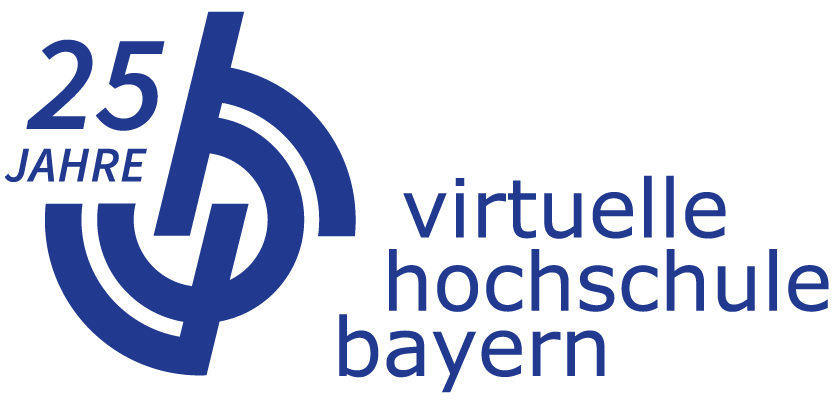How to Study in Germany. An Introduction to German Academic Life
How to Study in Germany. An Introduction to German Academic Life
| Course offered by: | Dr. Thomas Stahl | ||
| Offering University: | Uni Regensburg | ||
| Course Language: | English | ||
| Subject Area: | Preparation Courses | Free of Charge | |
| Average Workload: | 30 hours | Free of Charge | Enrol |
| Picture Credits: Miriam Friedl | |||
What can you learn in this course?
+++ What can you learn in this course? +++
Among others, the course will address the following questions:
- What types of universities exist in Germany?
- How should I prepare to go to Germany?
- What do I have to do upon arrival?
- What is expected of a student in Germany?
- What types of classes and exams will I take?
- How should I communicate with faculty, staff, and my peers?
- Which German words are important to know?
- How can I get involved outside of class?
Outline
+++ Outline +++
Module 1: First Steps
This module will provide you with information on the German university system and the preparation, application, and enrollment process. As you will learn about other international students' motivations to study in Germany, it will help you reflect your own expectations. The module will also introduce you to a German campus and important offices that will assist you upon arrival and throughout your studies.
Module 2: Student Life in Germany
In this module, you will learn about everyday life in Germany, including finding accommodation, financing your studies, getting involved in extracurricular activities, and getting to know local people.
Module 3: Study Orientation
This module will give you vital information on how to organize your studies, create your course schedule, and register for exams.
Module 4: Campus Communication
In this module, you will learn how to communicate with faculty, staff, and your peers. With the help of various communication scenarios, you will learn how to avoid cultural and communicative misunderstandings in a university context. In addition, this module offers useful German words and phrases and mentions opportunities to learn the German language.
Module 5: Research and Learning Strategies
This last module will introduce you to doing research and provide you with learning strategies in a German university context. For example, you will get to know different types of academic writing and learn what is generally expected from you when you have to give a presentation or write a paper or final thesis at a German university.
Course offered by
Further authors
+++ Head of Project +++
Dr. Thomas Stahl heads the Center for Language and Communication at the University of Regensburg. He is interested in topics related to language didactics and deals particularly with questions of multilingual didactics and assessment in a foreign language context.
+++ Course Developers +++
John Gahan studied in the United States and Mexico and has taught English in Azerbaijan, Russia, the United States, and Germany. He has an M.A. in Teaching English as a Second Language from the University of Texas at San Antonio and is interested in Computer Assisted Language Learning (CALL).
Claudia Trotzke studied in Germany and the United States. She received a B.A. and M.A. in American Studies from the University of Regensburg and was a research associate and lecturer in American Studies at her alma mater. She is trained in teaching German as a Foreign Language and is interested in developing e-learning and blended-learning courses.
Miriam Friedl is currently studying Media Studies and British Studies to receive her B.A. from the University of Regensburg. She works as a student assistant for this course and created the illustrations.
Target group
+++ Target Group +++
This course is intended for anyone who is interested in studying at a German university, either as an undergraduate or graduate student. It is especially relevant for those who wish to take part in a program taught in English, but it also provides useful information for exchange and other degree-seeking students.
Confirmation of participation
+++ Confirmation of Participation +++
You are free to take part in any modules that interest you, and you will earn badges for each section you complete. If you would like to receive a certificate of participation, you will need to complete every module.
